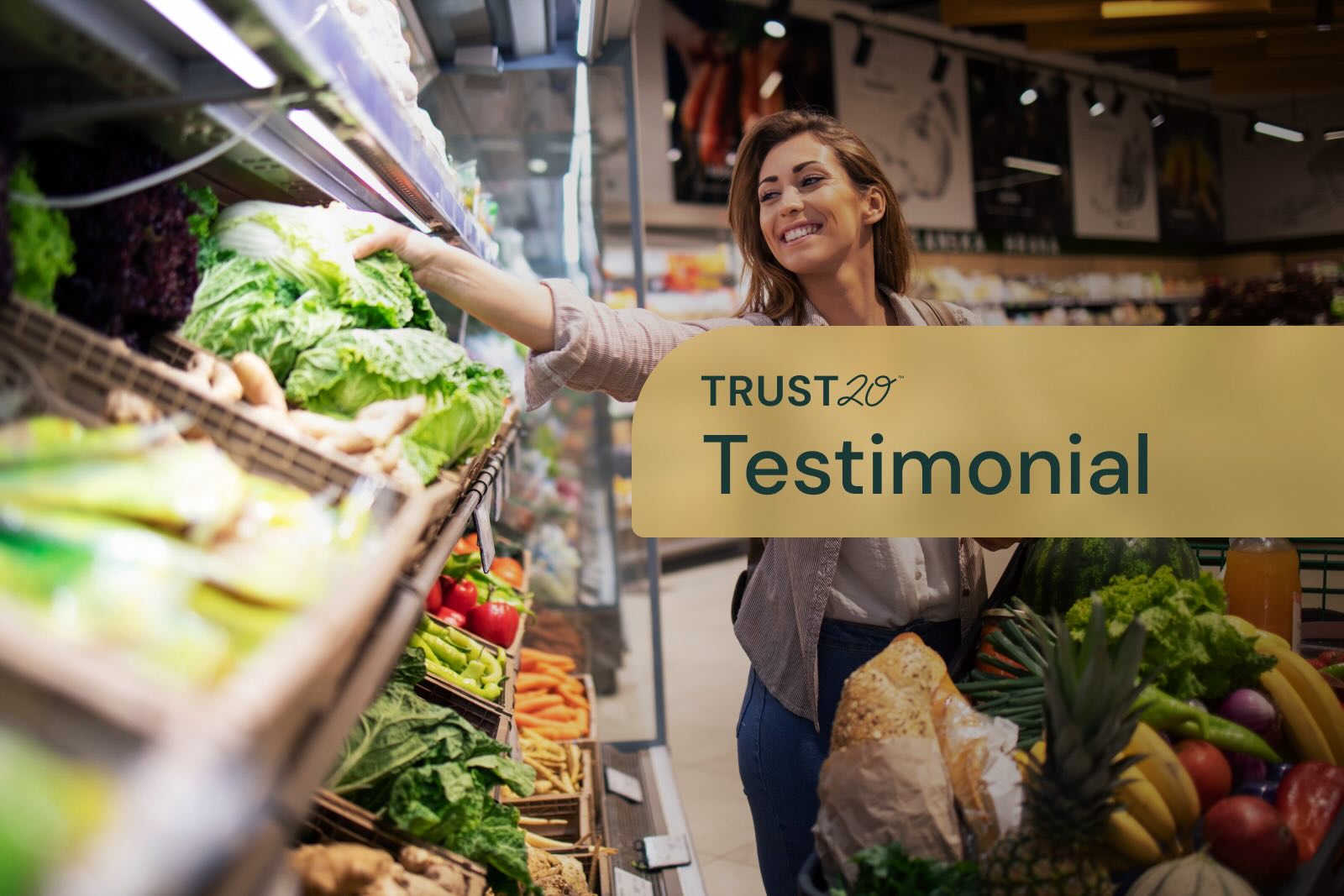We recently spoke with Sami Carter, a Retail Food Safety Leader and Consultant, to discuss her thoughts on the challenges and opportunities of implementing a strong food safety culture. Carter provides consultation services to grocery retail, restaurant, and manufacturing businesses and works to strengthen food safety culture, heighten compliance, manage strong food safety management systems, and ensure their ability to move food safety forward.
Read on to see what she has to say!
What challenges do you face in your current professional role?
My clients view food safety as an insurance policy and incredibly important to abide by, and many leaders do actually get excited about expanding and strengthening those programs.
Implementing change and requiring training takes time away from immediate operational needs and can be challenging to prioritize, specifically because food safety success is not directly tied to financial gain.
Businesses expect to see a return on investment when they spend money on developing their team’s food safety practices–and there isn’t always a direct link to increased revenue.
What parts of food safety do you find most essential?
Time and temperature controls, cross contact, cross-contamination, sanitation, and personal hygiene are the most critical topics because a business puts its customers at risk when its team isn’t knowledgeable about them.
It is also really important to train team members on the “why” behind each topic and their best practices so they really understand the whole picture.
How have Trust20’s trainings helped you in your work?
I have been able to connect my clients to engaging and accessible training that provides high-quality learning opportunities. They provide valuable (and often required) training that the people I work with can complete in pockets of time that fit into their demanding schedules.
How do you ensure food safety requirements are being met in the workplace?
Internal and External audits are great ways to bring checks and balances to food safety practices. Whether its direct observation or record review, I recommend that all my clients implement audits because they are great tools for assessing the practices in place and defining areas for improvement.
What was something you appreciated about Trust20 trainings?
I really appreciate the accessibility and level of engagement throughout Trust20’s courses. Learners stay engaged through the entire training because of the interactive features and real-life, relatable examples.
How do you instill the importance of food safety in your clients, especially new ones?
I first approach it by building food safety into their everyday activities. I always provide examples and resources for food safety best practices, offer feedback on what improvements could be made, an really emphasize the importance of WHY food safety is a critical piece of customer safety and their experience.
How has food safety knowledge made a positive impact on your work?
I have helped my clients use strong food safety practices to enhance their establishments by building cleanliness and operational efficiencies into their daily workflows.
What do you think the future of food safety looks like? Will there be more technology to help regulate safety or different requirements in the future?
There will absolutely be more food safety-related technology in the future! Technology supports the effectiveness of teams and food safety practices by building safeguards to empower teams and reduce human error.
Special thanks to Sami Carter for contributing her expertise to this content. This interview has been lightly edited for clarity.





.png)

.png)
